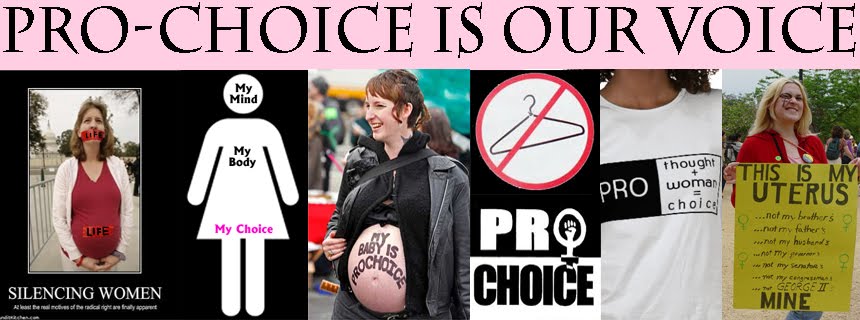In the debate about abortion, a lot of the argument centers around whether or not a fetus qualifies as a person. The pro-choice side of things is that a fetus does not qualify as a full person due to the lack of viability outside of the womb, particularly early on in pregnancy. The pro-choice standpoint is that a fetus does qualify as a person from the moment of conception. These are two viewpoints that will likely never be reconciled; however, there is a legal battle ongoing about the rights of a fetus: the pro-life side says that a fetus needs to be protected under the fourteenth amendment as a person. The pro-choice side asserts that giving these rights to the fetus is at the detriment of the mother, who gets forgotten in the crossfire, and that the fetus will be given priority over the mother, who is legally a person and protected under the constitution without dispute.
The most effective way to get the fetus defined (or not defined) as a person? Fetal homicide laws.
In the Hickcox-Howard article, "Fetal homicide laws criminalize the killing of a fetus without the consent of the pregnant woman" (317). The article examines why it's important that pro-choice activists get involved in the drafting of these laws: the author says they'll happen with or without the input of the pro-choice movement, but if the pro-choice movement doesn't speak up, "poorly drafted laws can threaten access to abortion by failing to adequately protect abortion providers from the threat of fetal homicide charges" (319). Hickcox-Howard says that a good fetal homicide law "places the choice of whether to carry a pregnancy to term or to terminate it where it belongs--with the pregnant woman--and prevents third parties from violently usurping a woman's right to make this choice" (319).
The problem, she goes on to say, is that "the pro-choice movement currently believes that the only acceptable response to a proposed fetal homicide law is to attempt to block its passage entirely and substitute a bill that enhances punishments for assaulting a pregnant woman, but does not create a separate criminal offense for harming or killing the fetus" (319). Hickcox-Howard asserts that instead of becoming popular, these viewpoints have essentially removed the pro-choice viewpoint from the law-drafting process, which means that the fetal homicide laws that do get enacted end up threatening abortion rights (320).
The first time a fetal homicide law came into the federal government was in 2004, when it passed the Unborn Victims of Violence Act (Hickcox-Howard 323). "The push for fetal homicide laws [...] has centered on two competing goals: to protect pregnant victims of spousal abuse and to create fetal rights that would threaten the right to choose" (Hickcox-Howard 323). It is this second goal that makes these laws attractive to pro-lifers and unattractive to the pro-choice movement. But this is exactly why Hickcox-Howard believes that the pro-choice movement should be more involved. From the pro-life standpoint, the UVVA act was a huge plus: "the theory was that the law would shift the public's understanding of personhood, thereby undermining support for the right to choose" (327).
The pro-choice movement has taken a very hard view on fetal homicide laws in the past: that they shouldn't exist. But Hickcox-Howard's logic is sound: fetal homicide laws will exist, because there is too much pressure for them to be enacted to defeat them. However, if pro-choice activists get involved in the drafting of the laws the way the pro-lifers have, perhaps these laws could be limited to specific instances that are unrelated to abortion or abortion providers. The one thing that Hickcox-Howard fails to mention is whether or not pro-choice activists would be given access to the drafting of these laws. I can imagine, in a political setting, the lawmakers who are creating these laws only listening to pro-life PACs, and ignoring the pro-choice side entirely.
Source:
THE CASE FOR PRO-CHOICE PARTICIPATION IN DRAFTING FETAL HOMICIDE LAWS. By: Hickcox-Howard, Mary Beth. Texas Journal of Women & the Law, Spring2008, Vol. 17 Issue 2, p317-341, 25p
--Alexandra

No comments:
Post a Comment